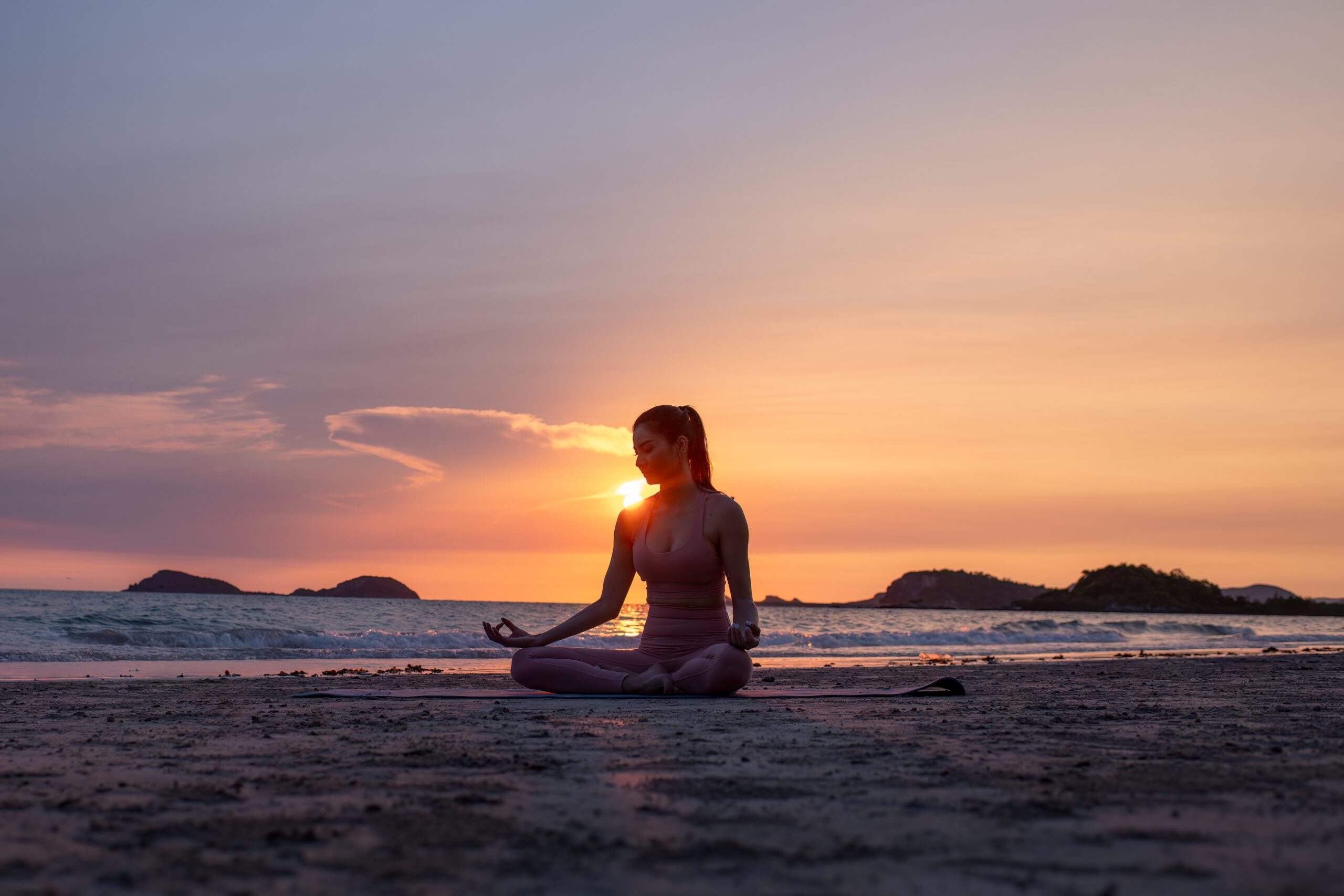
In the past few years, we have learned that meditation affects every system in our bodies, from our biochemistry to the structure of our brains, from our emotional well-being to our genes which underlies the very nature of our being. Decades of medical research singularly focused on the use of externally applied chemicals, known as medication development or drug research, has resulted in our losing track of what normally controls our internal functions and process. We’ve forgotten the role of our own actions and behavior in the regulation of our emotions and feelings, and ultimately our well-being. Most medical research over recent decades has been externally motivated. That is, it is not the people who need the treatments who are initiating the research. Instead, the drivers of medical research have been those who stand to make a profit off of the outcomes. Our curiosity has been singularly focused on drug development, which has been only one of the many possible areas of medicine. Our medical journals are filled with externally motivated observations on drugs. Our consciousness has been so singularly focused on observations about drugs, that taking a pill has become the first thought that enters our minds when we don’t feel well. This myopic approach to the very first step in the scientific process, “Make an observation”, has caused us to forget the reason that drugs are able to have any affect on the systems of our body in the first place. Drugs act on systems that exist in our bodies because these systems are already in place to be sensitive to changes in our environment. We are born with the ability to adapt our internal environment to compensate for the natural flow of changes that occur around us. We are surprised to learn that our own behavior can affect the nature of our being. We are suspect that our own actions can and do influence these systems that have been so thoroughly defined by their drug action. By ignoring the role of the self in regulating the internal systems, we have become ignorant of why these systems exist in the first place. We have forgotten that we are designed for self-regulation, and along with the lapse in our cultural awareness, we have forgotten how to self-regulate, until recently. A grass-roots interest in self-care practices is causing a shift in our cultural consciousness. In the past few years, mindfulness practices have exploded onto the covers of major newspapers and magazines and into our lives. Medical research journals have been infiltrated with studies on self-care rituals of meditation and yoga. We are once again reconnecting with self-care practices as ancient as recorded history, to deepen our ability to self-regulate. Meditation is foundational to self-control and self-regulation, that lead to behavioral change. It is the practice of cultivating self-awareness which opens the doors to our capacity for self-control and self-regulation. Meditation and its various derivatives of mindfulness, self-reflection, prayer, and awareness of the sensory experiences of being has always been and will continue to be a powerful tool for self-regulation, behavioral change, and optimal well-being.

Deborah Norris, Ph.D.
In 1996, Debbie was diagnosed with severe fibromyalgia, which left her in chronic pain; doctors said there was no cure and nothing could be done. Debbie, a research scientist, began researching the underlying causes of her condition and took up practices to reverse these causes. Debbie began doing things to gradually increase her physical, mental and emotional well-being, including gentle yoga for the physical pain, nutritional changes to increase her energy and meditation to relieve stress. By incorporating these practices, Debbie reversed her condition and returned to an active, healthy life. After an accident in 1999, Debbie suffered a traumatic brain injury and was diagnosed with seizures, impaired vision and chronic headaches. Once again, Debbie researched ways to heal herself using mind and body practices, and once again, Debbie was able to heal herself and live a healthy life free of seizures and pain. In her practice, Dr. Norris draws on both her scientific research and ancient wisdom to integrate lifestyle elements of meditation, physical exercise, spiritual development, relaxation therapy, nutrition and herbs for maximal health and happiness!


Social Media
Most Popular


Mind-Body Influences of a Solar Eclipse

Journey to Well-Being

Fear
Subscribe To Our Weekly Newsletter
Love what you read? Dive deeper and discover more below!
Whether you’re new to Mindfulness practices, or have been practicing for years, let Mind-Body Journal be your destination for ideas, information and the latest research on the effectiveness of mind-body therapies. Mind-Body Journal aims to reach people who may not have regular access to The Mindfulness Center, and to spread the knowledge and expertise of this center to people on a global basis. This blog features posts about mindfulness, wellness, lifestyle and health, providing information on living a healthier and more mindful life.